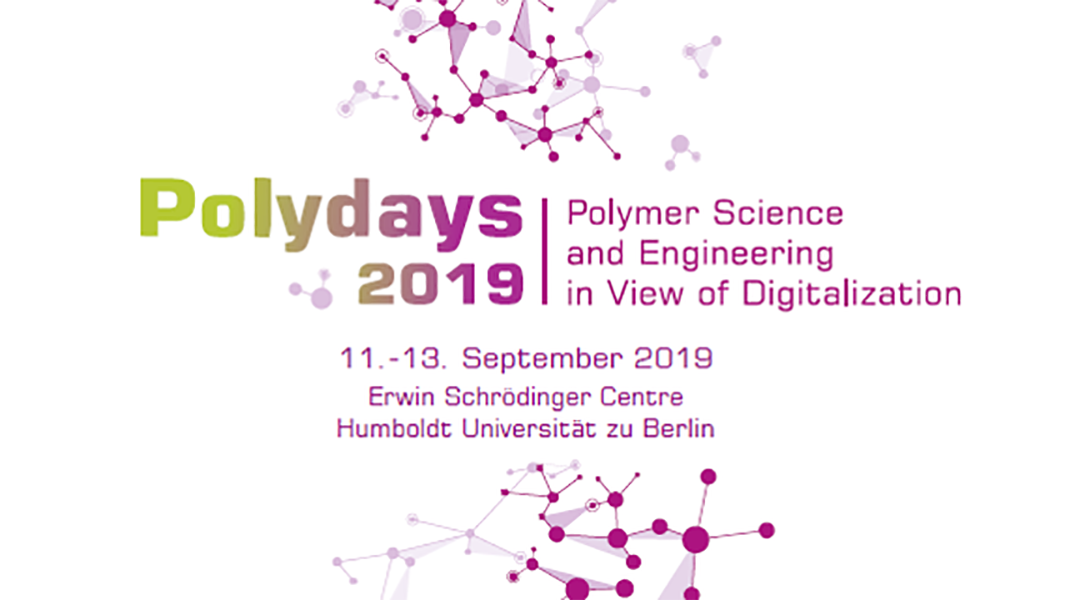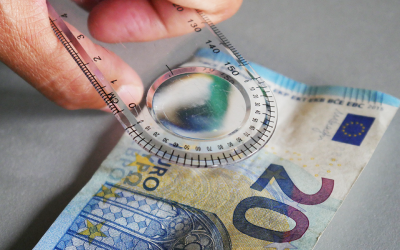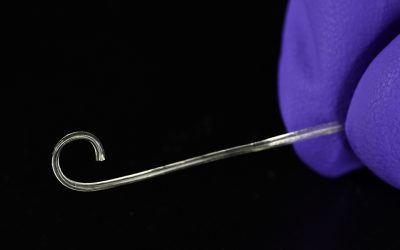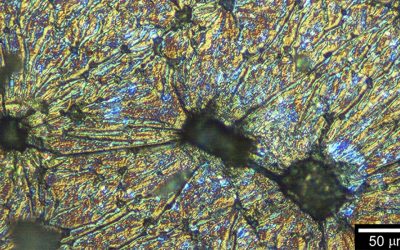This year’s Polydays conference, held over three days in Berlin, Germany (11-13 September 2019), is themed “Polymer Science and Engineering in View of Digitalization”.
Through enabling new impetus for the design of application-motivated materials, digital solutions play a key role in addressing future societal changes.
The Polydays 2019 conference aims at engaging researchers from across the globe in the discussion of the recent trends, latest breakthroughs as well as challenges of digitalization in polymer research. It will comprise interdisciplinary sessions with internationally recognized experts, invited talks on impactful research, and a poster session with talented young researchers presenting their projects’ potential for digitally-influenced future research.
Plenary speakers:
– Amanda Barnard, CSIRO, Melbourne, Australia
– Andrew I. Cooper, University of Liverpool, UK
– Jean-François Lutz, CNRS-Institute Charles Sadron, Strasbourg, France
– E. W. (Bert) Meijer, Eindhoven University of Technology, Netherlands
– Roeland Nolte, Radboud University, The Netherlands
– H. Jerry Qi, Georgia Institute of Technology, Atlanta, USA
The POLYDAYS conference series is dedicated to modern topics of polymer research, and is initiated every two years by the Berlin-Brandenburg Association of Polymer Science (BVP). This year the conference is chaired by Prof. Andreas Lendlein (Helmholtz-Zentrum Geesthacht’s Institute of Biomaterial Science) and co-chaired by Prof. Hans Börner (Institute of Chemistry, Humboldt-Universität zu Berlin). Macromolecular Journals (Wiley) are sponsoring poster prizes, as well as Polymer Chemistry and Soft Matter.
Abstract submission closes on 19th July and Early bird registration on 31st July.

















